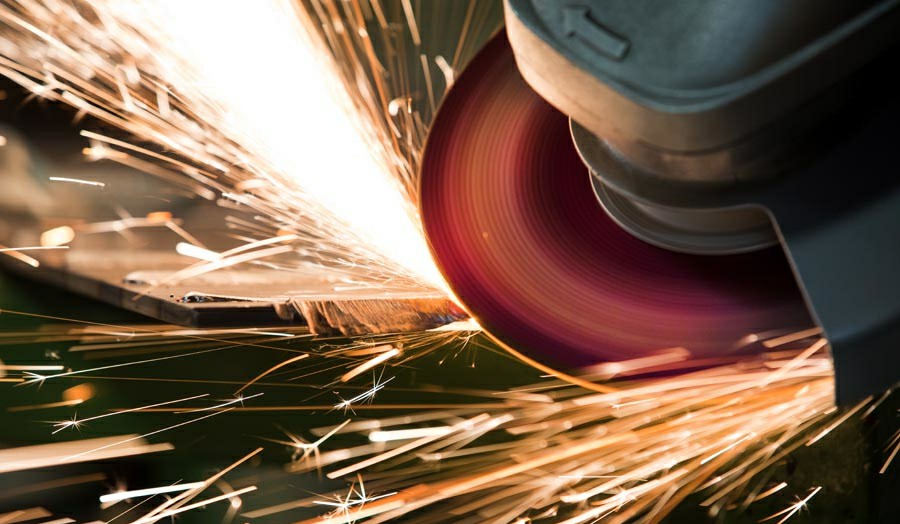


 349,500 Offered Certificates
349,500 Offered Certificates
 24/7 Online Training
24/7 Online Training
 Money Back Guarantee
Money Back Guarantee
 Fully Accredited Courses
Fully Accredited Courses

Created at: 22-02-2025 19:36
Abrasive wheels are powerful tools used across various industries, from construction to manufacturing. However, their potential for causing significant injuries makes it paramount for employees to understand the associated risks and undergo proper training. This guide delves into the hazards associated with abrasive wheels, explores the necessity for safety measures, and emphasizes the importance of acquiring an Abrasive Wheels Certificate.
Abrasive wheels are subject to specific risks that can lead to severe injuries if not properly handled. Here are some of the most common hazards:
The consequences of neglecting safety protocols can be severe. Common injuries associated with abrasive wheel operations include:
Implementing effective safety measures can significantly reduce the risks associated with abrasive wheels. Here are some industry best practices:
Proper training is vital for anyone operating abrasive wheels. Enrolling in an Abrasive Wheels Course equips workers with the knowledge necessary to handle these dangerous tools safely. Key benefits of certification include:
For workers in Dublin, Cork, Galway, Limerick, Waterford, and other major cities across Ireland, obtaining an Abrasive Wheels Certification is straightforward:
Working with abrasive wheels presents considerable risks, but with the right training and safety measures, these dangers can be effectively managed. Whether you're based in Dublin, Cork, Galway, Limerick, or Waterford, taking the initiative to obtain your Abrasive Wheels Certificate not only enhances workplace safety but also propels your career forward. Don't wait—enroll in a certified Abrasive Wheels Course today to ensure a safer work environment.
For more information and to book your training, visit our dedicated page or contact us at [email protected].